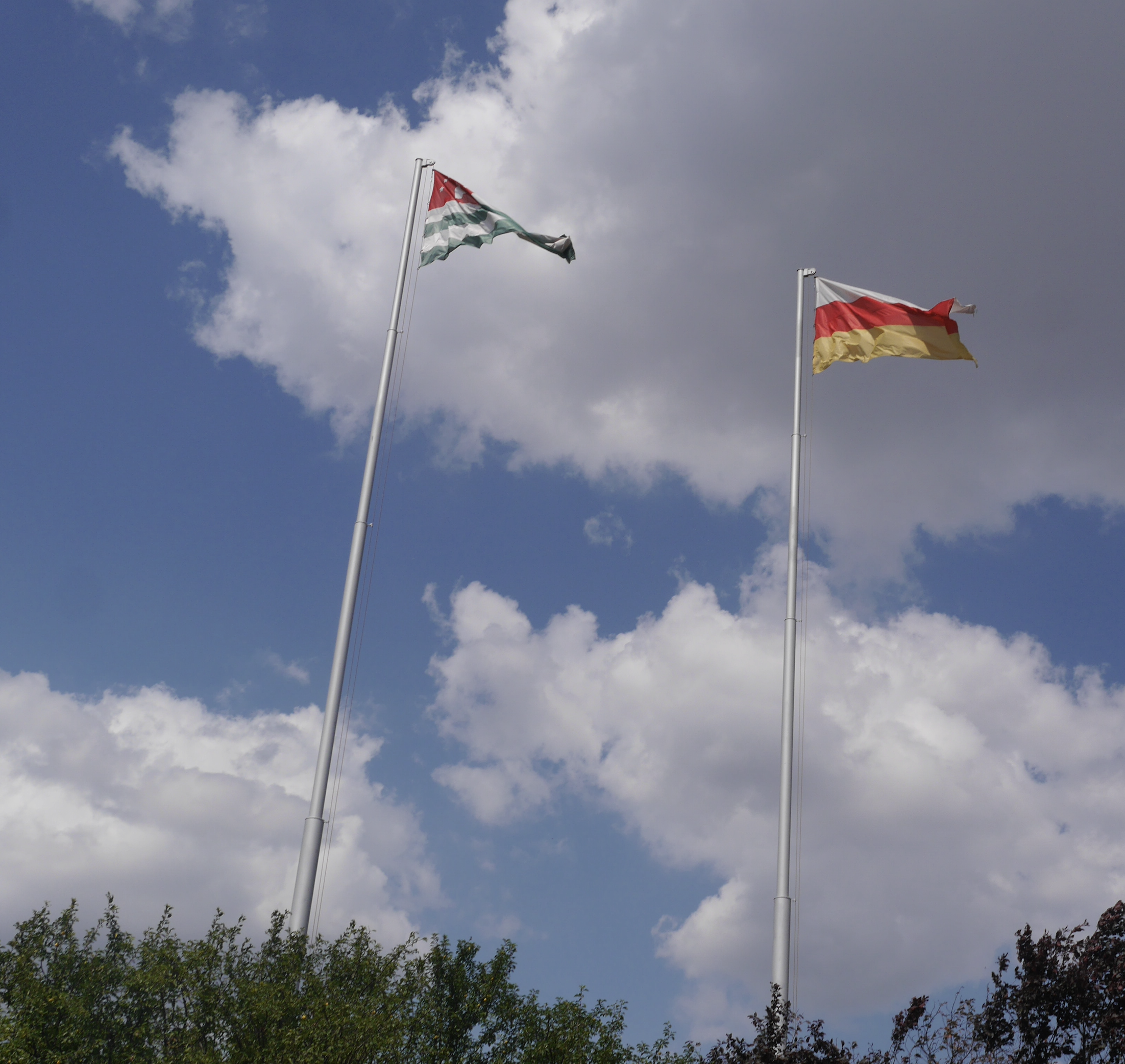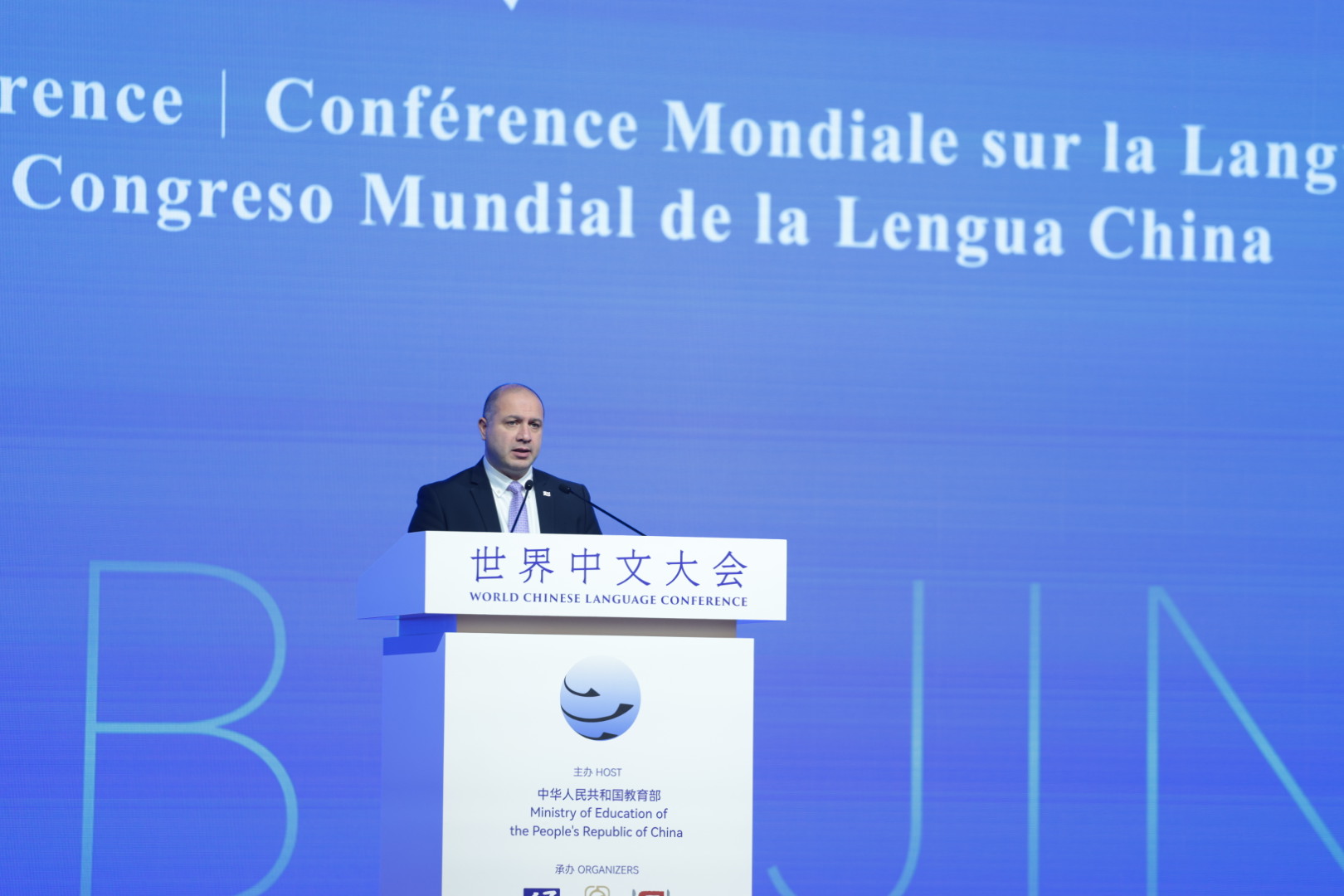Kyrgyzstan Boosts Cooperation With China
Kyrgyzstan Boosts Cooperation With China
This week a Kyrgyz government delegation, led by President Kurmanbek Bakiyev’s son Maksim, visited Beijing to strengthen economic relations with China. At a meeting with Chen Jian, the Chinese Assistant Minister of Commerce, Maksim Bakiyev expressed strong interest in building links with China in its financial system, energy, mineral resources, and agriculture. According to Bakiyev, “the progress of China, especially in the financial crisis sphere, excites admiration” (www.24.kg, January 12).
Kyrgyzstan’s national power company Natsionalnaya electricheskaya syet and the Chinese Tebian Electric signed a $342 million deal to build the Datka-Kemin 500 kv power transmission lines. This would potentially enable Kyrgyzstan to develop an internal power transmission system and break its dependence on the Central Asia power system (www.akipress.kg, January 13).
Among other significant issues discussed in Beijing were China’s potential investment in the construction of the Kara-Keche coal factory and helping to restructure the Bishkek thermal power plant (www.24.kg, January 12). Both sites are crucial components of the country’s energy system. However, their economic viability is less clear and is contingent upon other energy projects in the country. The Bishkek plant also requires the renovation of its Soviet infrastructure, but it is unlikely to generate revenue due to low electricity and hot water tariffs in Kyrgyzstan and the wider region. Therefore, any investment project has greater political justification than economic.
Finally, Bakiyev stated that some companies might be included in the Shanghai Stock Exchange and both Kyrgyzstan and China agreed to facilitate opening banks in each country. Chinese officials expressed interest in continuing to deepen economic ties with Kyrgyzstan by providing economic assistance and training Kyrgyz specialists. “We are interested in developing cooperation with Kyrgyzstan. Our nations benefit from cooperation, it provides security and stability in the region. This [cooperation] also meets the goals and challenges of the Shanghai Cooperation Organization,” Chen Jian said (www.akipress.kg, January 13).
The Chinese Vice-Premier Zhang Dejiang also acknowledged Kyrgyzstan’s support of China’s core interests, particularly the “Taiwan and Tibet-related issues, and fighting ‘East Turkistan’ forces.” Zhang Dejiang promised that China “would always support Kyrgyzstan’s efforts for realizing its development and safeguarding national independence, state sovereignty and security” (www.xinhuanet.com, January 12).
Meanwhile, Kyrgyzstan was ranked as “not free” according to the Freedom House rating in 2010. Along with Russia, Kyrgyzstan showed a sharp decline in freedoms last year. China was also criticized by the Freedom House report for arresting human rights activists in 2009. As Maksim Bakiyev traveled to China, another opposition leader, Ismail Isakov, was imprisoned for eight years. Before joining the opposition in 2008, Isakov served as the defense minister and enjoyed widespread popularity among the military as well as civilian personnel. Due to his positive image and informal authority over the military, Isakov represented a potential threat to the regime. He could help the opposition build links with the military and undermine the regime’s control over the armed forces. Isakov was charged with illegally transferring his government apartment to his son. In protest against the court’s decision, a group of his supporters from the opposition announced their intention to stage hunger strikes (www.akipress.kg, January 13).
In the past year the Kyrgyz regime was able to secure large financial deals thanks to its political ties, rather than free market conditions. The $2 billion loan from Russia promised in February 2009 and the recent deal with China were results of political cooperation. Russian and Chinese partners are able to navigate in Kyrgyzstan’s corrupt political system without applying any pressure to increase the transparency of either the political or economic conditions in Kyrgyzstan. The Kyrgyz government, in turn, has centralized its control over financial institutions, building a system where any major international business deal is brokered through the regime. In this environment, both parties rely on mutually agreeable political decisions, while a competitive market is regarded as a hurdle.
Maksim Bakiyev seeks to portray himself as a forward-looking entrepreneur, able to broker lucrative deals for Kyrgyzstan. He heads the recently created Central Agency for Development, Investment, and Innovation responsible for all foreign financial inflows into the country. The recent deal with China demonstrates that current and future economic contacts built by the Kyrgyz regime allow the country’s ruling family interests to dominate.
According to experts’ estimates, the current level of annual trade between Kyrgyzstan and China amounts to roughly $1 billion. With the Kyrgyz government open for more cooperation, this appears likely to increase.


